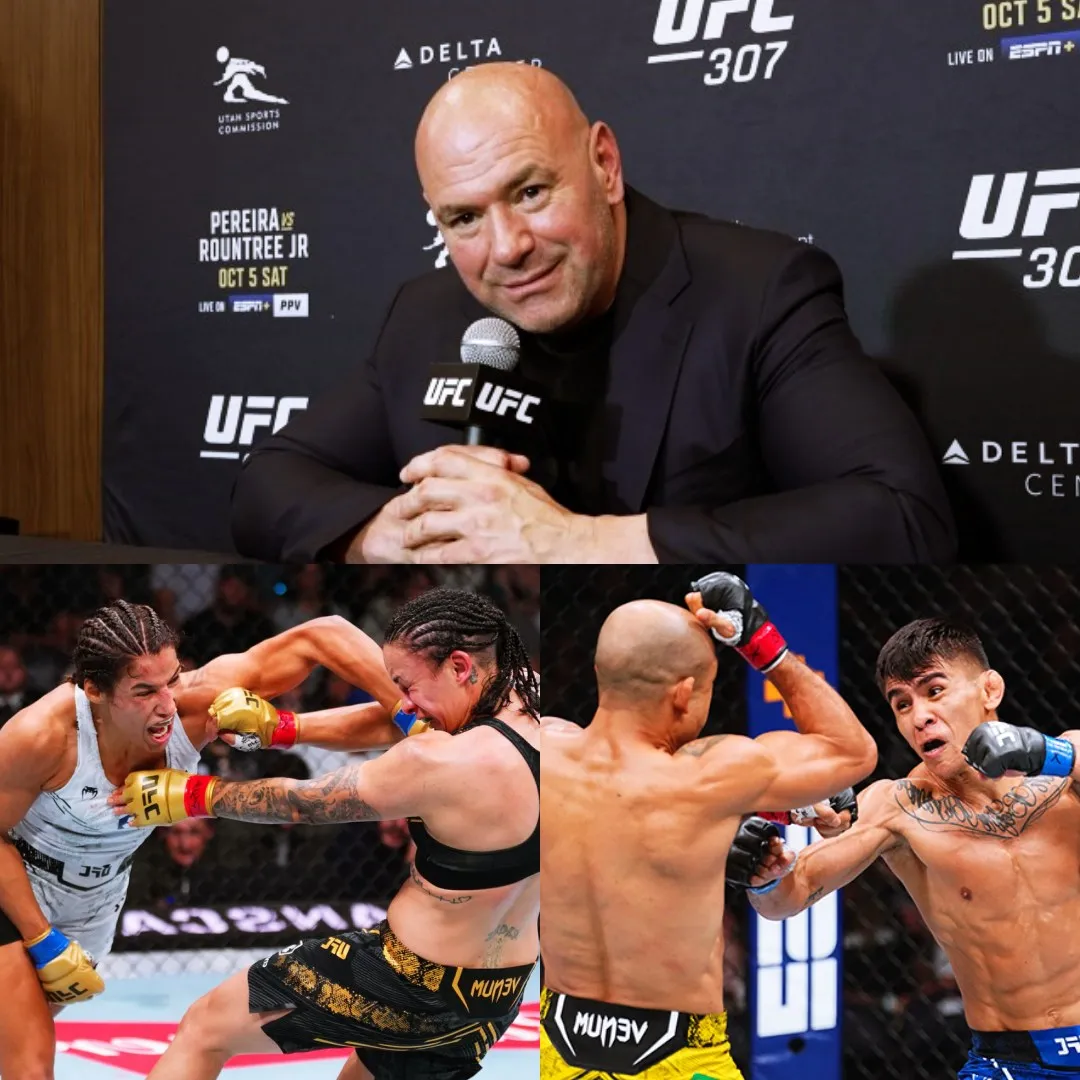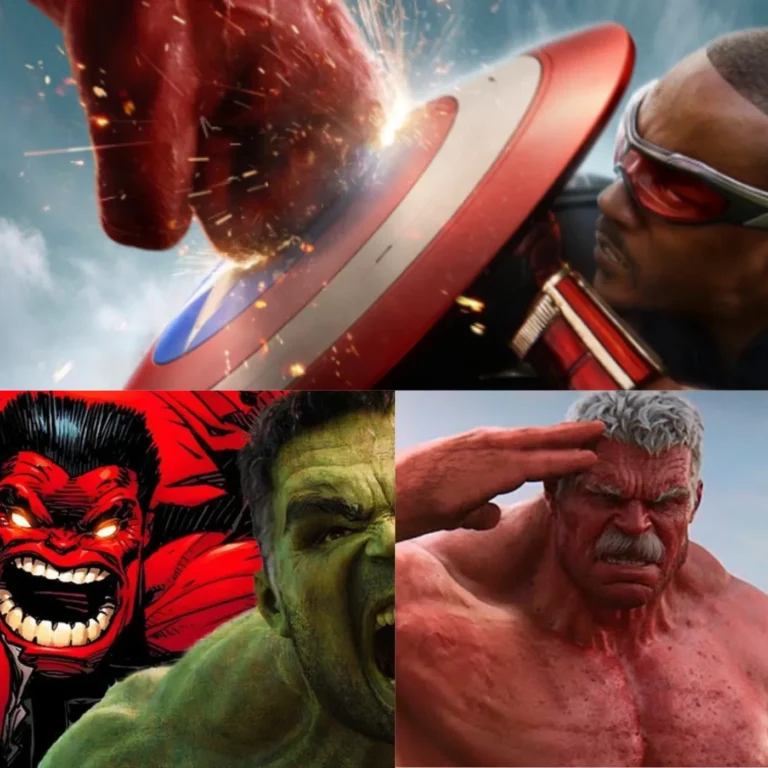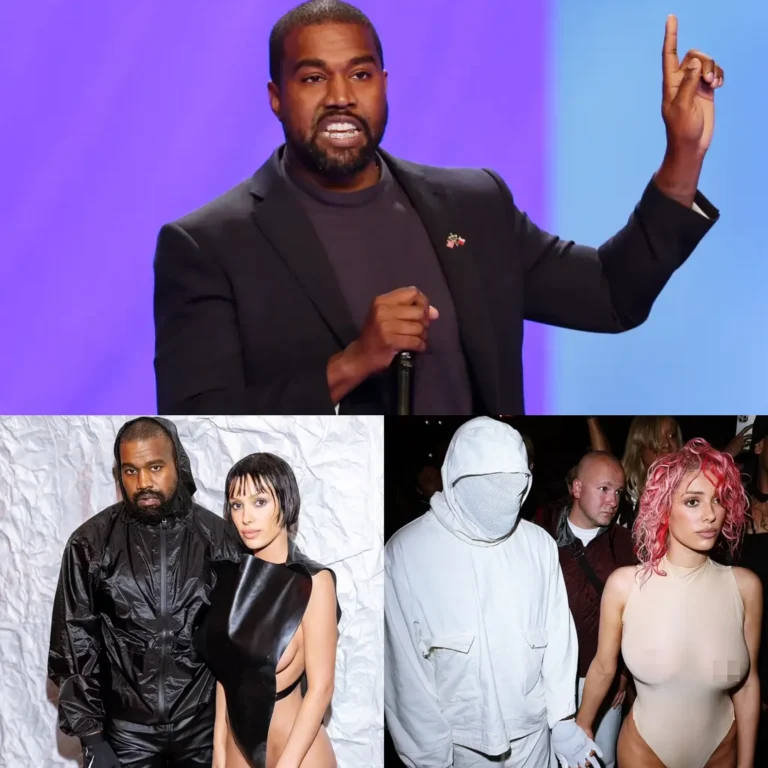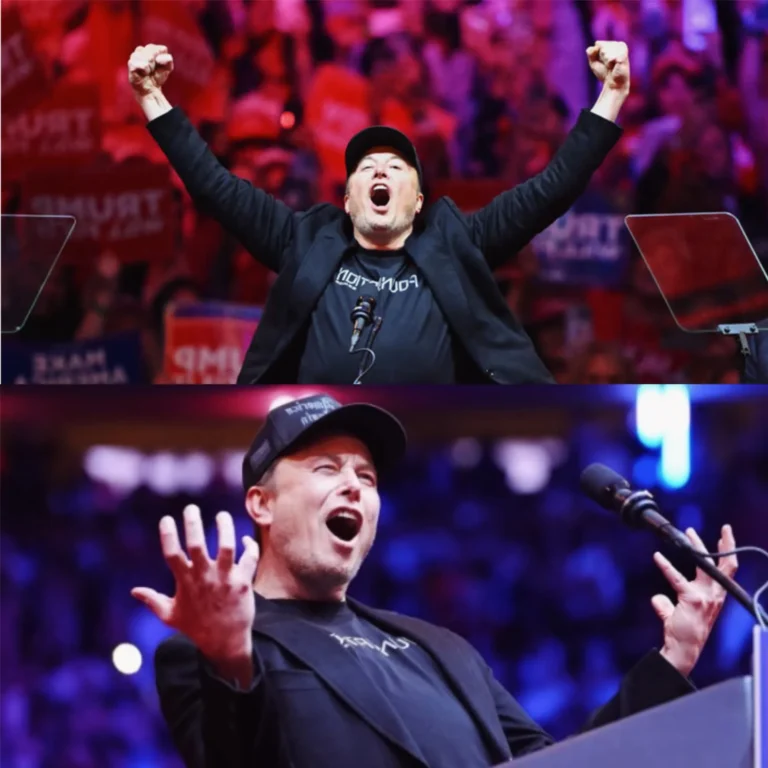
Why did Dana White heavily criticize the Referees at UFC 307?
UFC 307 delivered many thrilling moments for martial arts fans, especially with Alex Pereira’s victory over Khalil Rountree. However, alongside the exciting matchups, the event was overshadowed by controversial decisions from judges and referees, leaving UFC President Dana White visibly frustrated.

Controversy Surrounding Refereeing and Judging Decisions
After UFC 307, Dana White did not hold back in criticizing the judges and referees, calling their decisions “atrocious,” especially in the fights between Julianna Pena vs. Raquel Pennington and Mario Bautista vs. Jose Aldo. Both fights ended in split decisions, sparking heated debates within the MMA community.
White expressed outrage over the scorecards in the Pena vs. Pennington fight, calling them “unacceptable.” According to MMAdecisions.com, most experts scored the fight in favor of Pennington, while the official decision favored Pena. This caused uproar among fans and analysts, highlighting inconsistencies in judging.

The Bautista vs. Aldo fight was equally contentious, with half of MMA experts disagreeing with the decision that gave Bautista the victory. While White didn’t directly attack the referees, he implied that referees need to be more proactive when a fighter is stalling or failing to engage effectively.
Dana White’s Proposed Solutions to Improve Officiating
Dana White has proposed a common-sense solution to tackle these issues: referees should be more active in officiating and prevent fighters from using stalling tactics to avoid engagement. He emphasized that when a fighter isn’t trying to land strikes or advance in the fight, the referee must intervene and separate them to keep the action flowing.
White specifically pointed to Mario Bautista’s performance, where Bautista repeatedly failed to take down Jose Aldo but still benefited from controlling the fight’s position inside the cage. White argued that if a fighter isn’t actively fighting and is simply using control tactics to win, referees should step in to ensure the match remains competitive and fair.

Additionally, Marc Ratner, UFC’s Vice President of Regulatory Affairs, voiced dissatisfaction with referee Dave Seljestad for separating fighters too soon during the Cesar Almeida vs. Ihor Poteria fight. Ratner criticized Seljestad for disrupting the fight’s flow by breaking up a clinch prematurely.
Conclusion
The officiating controversies at UFC 307 have sparked serious concerns, prompting Dana White to call for changes that will improve the quality of refereeing. His proposed adjustments aim to ensure fairness and maintain the excitement of UFC bouts, preserving the competitive spirit and the fans’ trust in the transparency of UFC fights.
By encouraging referees to be more decisive and limit stalling tactics, these changes could help ensure that future UFC events are both fair and action-packed, enhancing the experience for fighters and fans alike.






